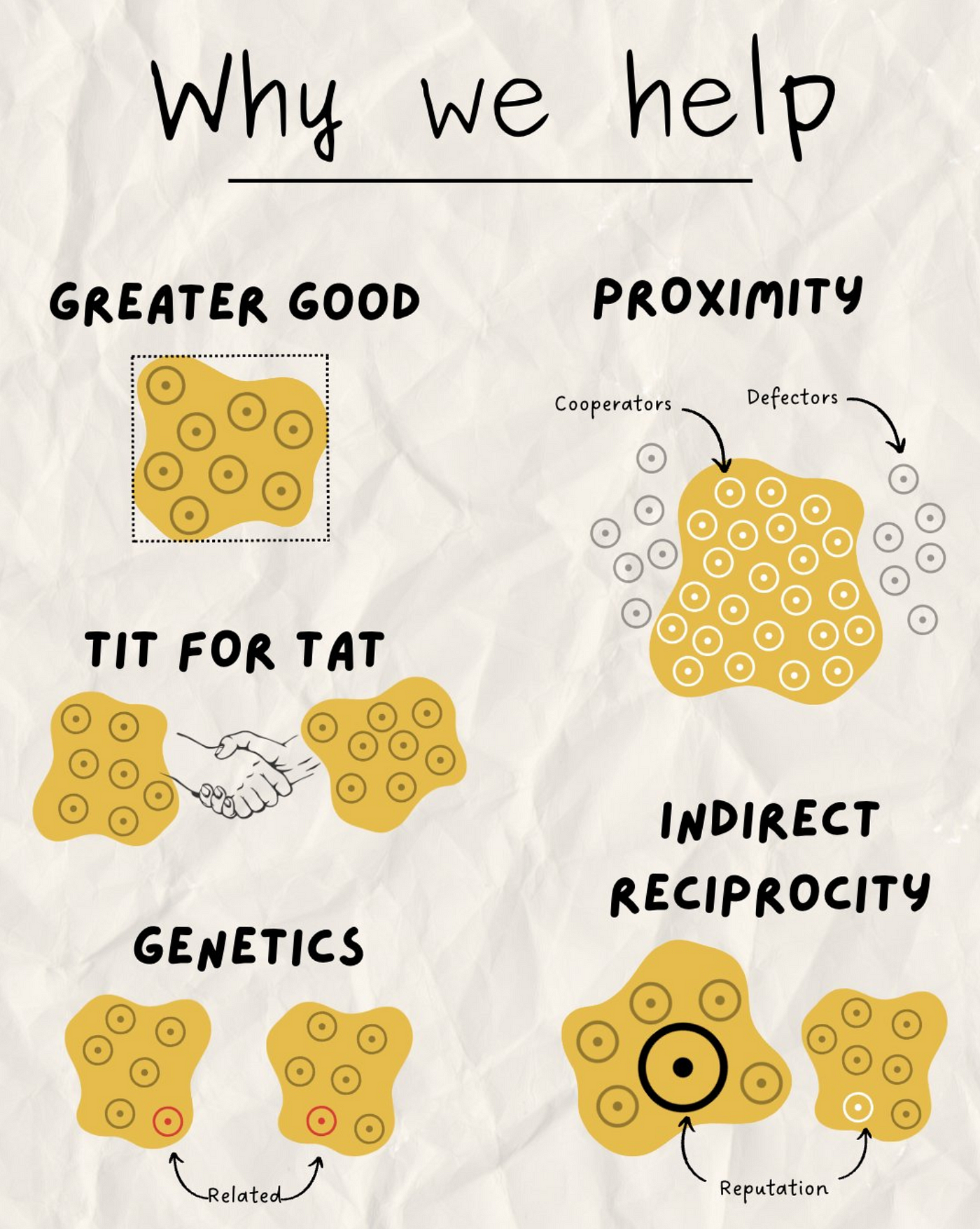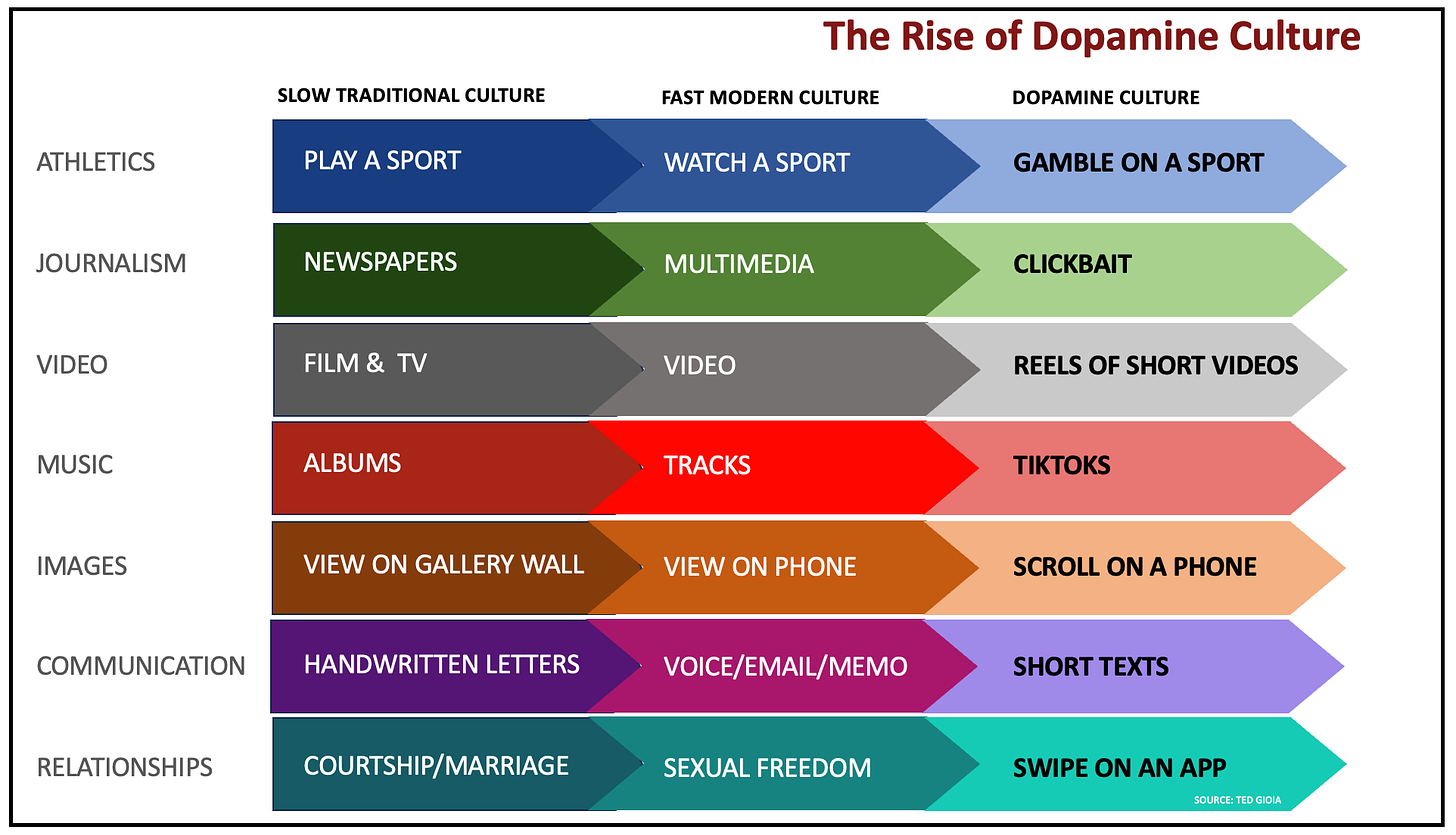😎 It's been so soggy here, but today the sun came out!
This week:
🌈 This week in Rosieland
🐝 The Bee and the Flower Game
🤝 Why we help or choose to defect
📺 What happens when developer advocacy snowballs into company strategy
▵ Tiny Groups are the basis for innovations
🗓️ 13 Observations on Ritual
First up, thanks to our sponsors:
🌈 This week in Rosieland
- 🗓️ Hosted: Community Onboarding Essentials
- 📚 Curated Conversation Books into the Knowledgebase
- 👩🏽🏫 Added a few more words to the Community Dictionary
- ✂️ Doubling down on logging notes and ideas in the Snippets (Knowledgebase)
- 📰 Curated all news into our community area as a one stop shop for you community news, best read with a cuppa!
🐝 The Bee and the Flower Game
The world is full of transactional behaviour and it's scarily dangerous. This is a great piece from Lisa Kentgen to remind us of the importance of reciprocity:
The optimum state of the game of life, Heinrich says, involves reciprocity, the cost borne by all. If we insist on continual growth, the game's rules begin to erode. Heinrich warns that if we play the game of life too intensely by focusing exclusively on reaping short-term advantages, it is programmed to end (potentially abruptly).
🤝 Why we help or choose to defect
People keep saying it's a dog eat dog world, but what if it's all a lie?
All organisms, from amoebas to zebras, use cooperation as a driving force of life.

📺 What happens when developer advocacy snowballs into company strategy
Moti Granovsky addresses the complexities and lessons learned from steering a company towards a developer-centric approach.
▵ Tiny Groups are the basis for innovations
Katerina explores Triads from the context of tiny groups.
Triads can be open or closed. To understand the difference, we need to take a detour to geometry. But not too far. Just think about a triangle. In this triangle, every corner represents one person. Each line represents a link between the two people (aka corners of your triangle). Two people who are linked, are two people who are talking with each other. In an open triad, one line is missing. So it’s not a triangle anymore, but just a line. In a closed triangle, there are three lines.
When a triad moves from open to close this is called closure. Just like when you find closure in a friend or experience or place and feel "at home and protected". A triad that moves from open to close gives the same feeling to the involved people.
🗓️ 13 Observations on Ritual
This is a great piece, partly because it's from a person's perspective of a ritual, not from a community perspective. It's important to look at the concept of ritual from both perspectives.
Also, I find myself retreating more and more from social by the day, and this touches upon those feelings of dissatisfaction.




